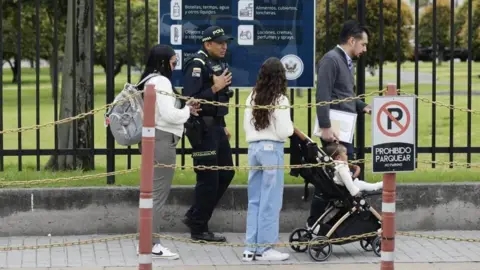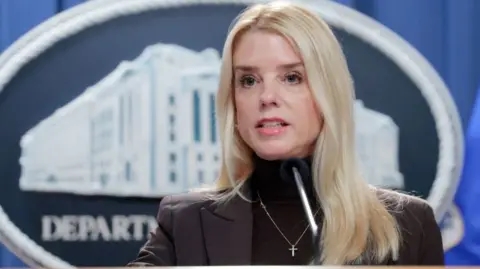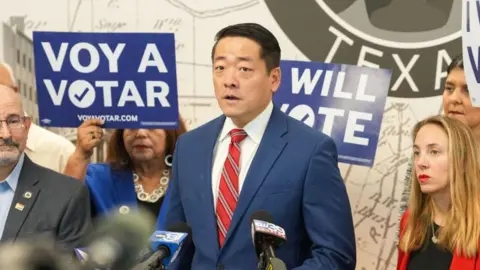Foreign travelers from certain countries may soon face a hefty financial hurdle to enter the United States, with a proposed $15,000 deposit required for tourist or business visas. The measure, part of a pilot program, targets nations with high visa overstay rates, insufficient screening protocols, or citizenship-by-investment schemes lacking residency requirements.
While the U.S. State Department has not yet disclosed which countries will be affected, the policy would allow consular officers to demand the bond as a condition for visa approval. This move aligns with broader efforts to tighten immigration controls, including recent executive actions aimed at reducing illegal entry.
In recent months, visa restrictions have expanded, with travel bans imposed on nationals from multiple countries and the revocation of student visas for those allegedly acting against U.S. interests. Some cancellations have been linked to political activism, while others stem from minor legal infractions, according to immigration attorneys.
The proposed bond system adds to a series of contentious immigration policies, including incentives for deportation officers and funding for migrant detention. Critics argue these measures disproportionately target certain groups, while supporters maintain they are necessary for national security.
As debates over immigration enforcement continue, the visa bond proposal could further complicate travel for affected foreign nationals, raising concerns about accessibility and fairness in the U.S. visa system.









